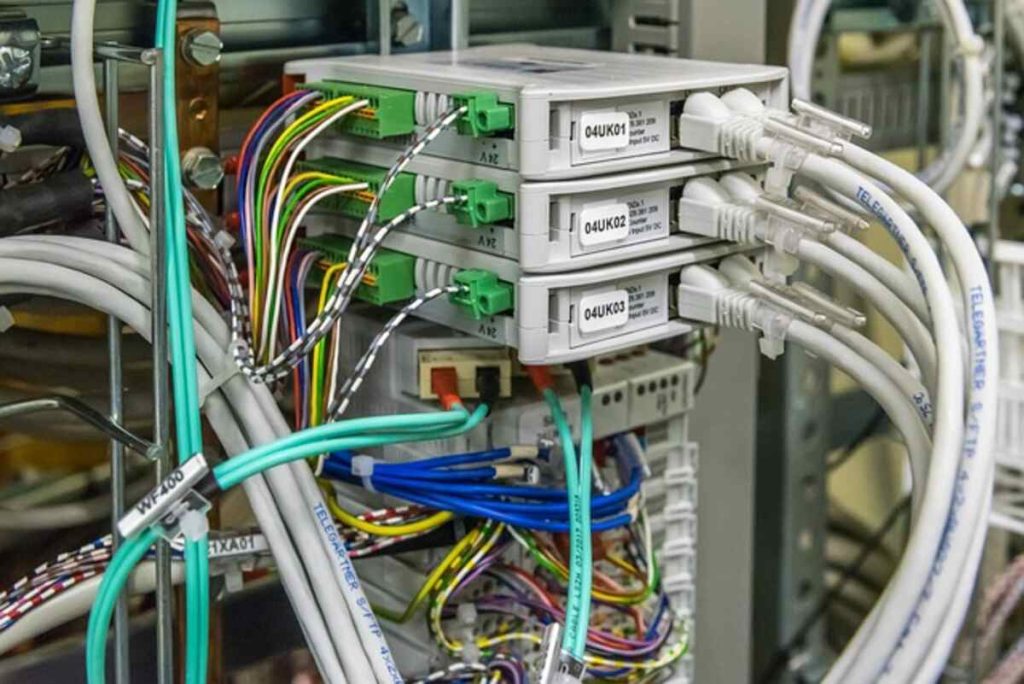So, you’ve decided to set up a network in your home and are raring to go. Have you attempted this before? Maybe you’re a little giddy about the prospect of office efficiency, home file sharing, and fewer arguments about who gets to use the Internet next. However, are you aware of the ideal network for your needs? Do you understand the fundamentals of home networking? Do you have experience with wireless network configuration? Maybe you should keep reading if you replied “no” to the above questions.
Types of Networks
First, having a network allows you to share a single internet connection among numerous computers, print papers from one computer to a printer linked to another, and exchange data saved on one computer with another. Doesn’t it feel like a dream come true? But which network architecture is ideal for your needs? You’ll need to choose between a wireless and a wired connection for your network. If you go wireless, you’ll have to figure out how to have your computers talking to each other and the router across the airwaves. If not all machines support wireless connectivity, you may have to switch to a wired network. A wired network requires you to upgrade your computers to allow them to communicate wirelessly or extend cable throughout your home.
You should also have an idea of what each member of your household plans to do on the various machines. The reason for this is so that you can purchase a router that is up to the task. Computers in your home may be disconnected from the internet if the router is overloaded.
Putting in a Network
The process of setting up a network might be simple or intricate. The perspective matters. You need access to the internet and knowledge about your network type to proceed. If you want to avoid putting wire throughout your home and instead opt for the updates, you’ll need to know which of your PCs already have wireless capabilities and which do not. Windows XP, Windows Vista, Windows 2000, and Windows 98/Me come included with Windows Connect Technology, making it simple to establish a wireless connection. However, you might not be using Windows, which can make network configuration trickier.
Another option
However, having a professional handle the installation might spare you a great deal of trouble. A trained expert will examine your current network setup and recommend any necessary upgrades or new pieces of hardware to make it more robust. The installer can assist you in purchasing and installing network adapters for any of your machines that lack the capability to communicate via a wireless network. After deciding on and purchasing all necessary components, a network installer can set up your wired or wireless network. You’ll have instant access, and all you have to do is pull out some cash. Knowing that setting up a network in your home doesn’t have to break the bank is a relief. It would be a waste of time and money to purchase the incorrect hardware, connect it, then discover that it is incompatible. Seek the advice of an expert if you have any doubts about whether or not something is correct.
Consult the trained experts at EasyTechCare if you want to set up a wired or wireless network at home for your computer.

